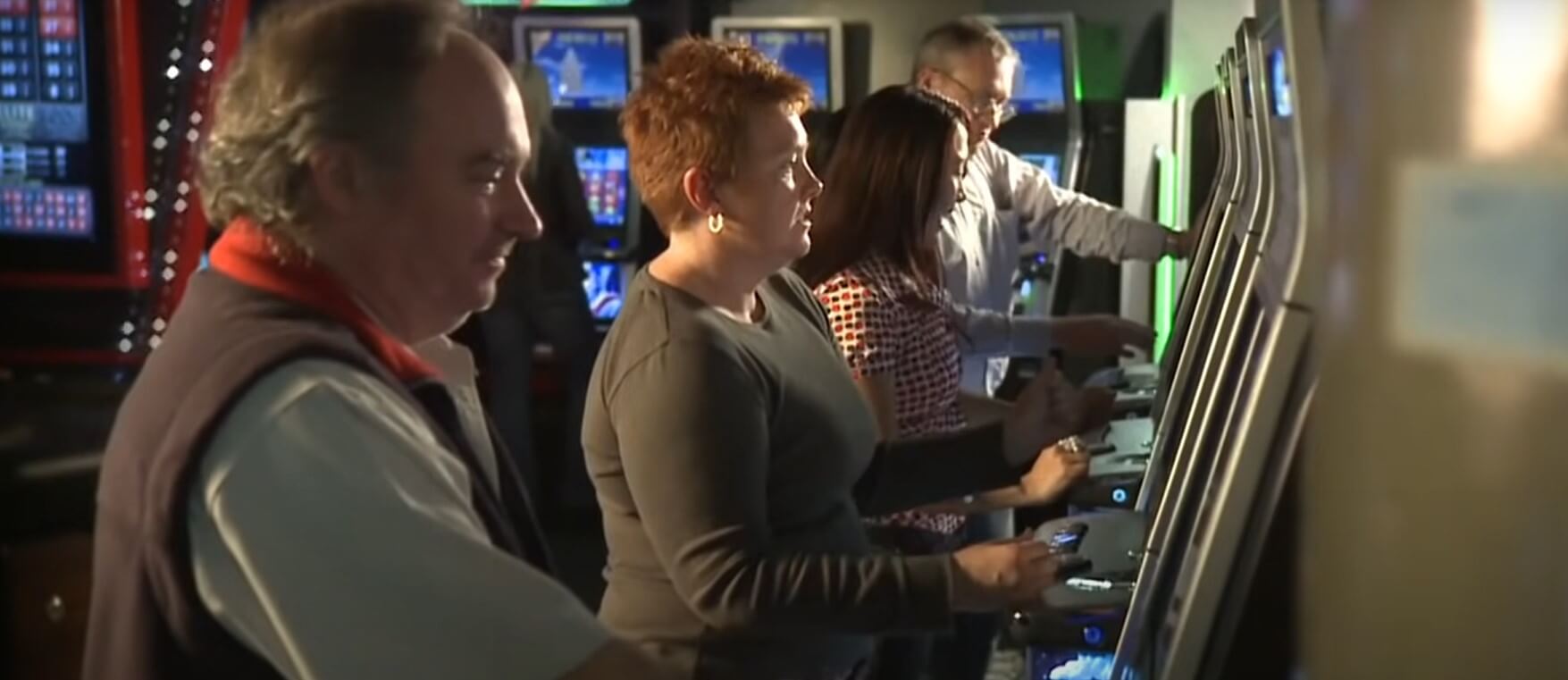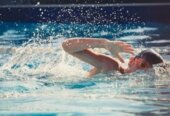Waipā gamblers put $10.71 million into pokie machines in the 12 months ended March 31 this year.
But if history is anything to go by, only about 10 per cent of that money will return to Waipā in the form of community grants.
And there is evidence the money raised comes predominantly from the poor and goes to the rich, a report presented to Waipā District Council’s Strategic Planning and Policy committee this week says.
After intense debate, the committee agreed to go out to the community for its views on the council’s gambling policy which regulates the district’s class four gambling and TAB venues. The review is carried out every three years.
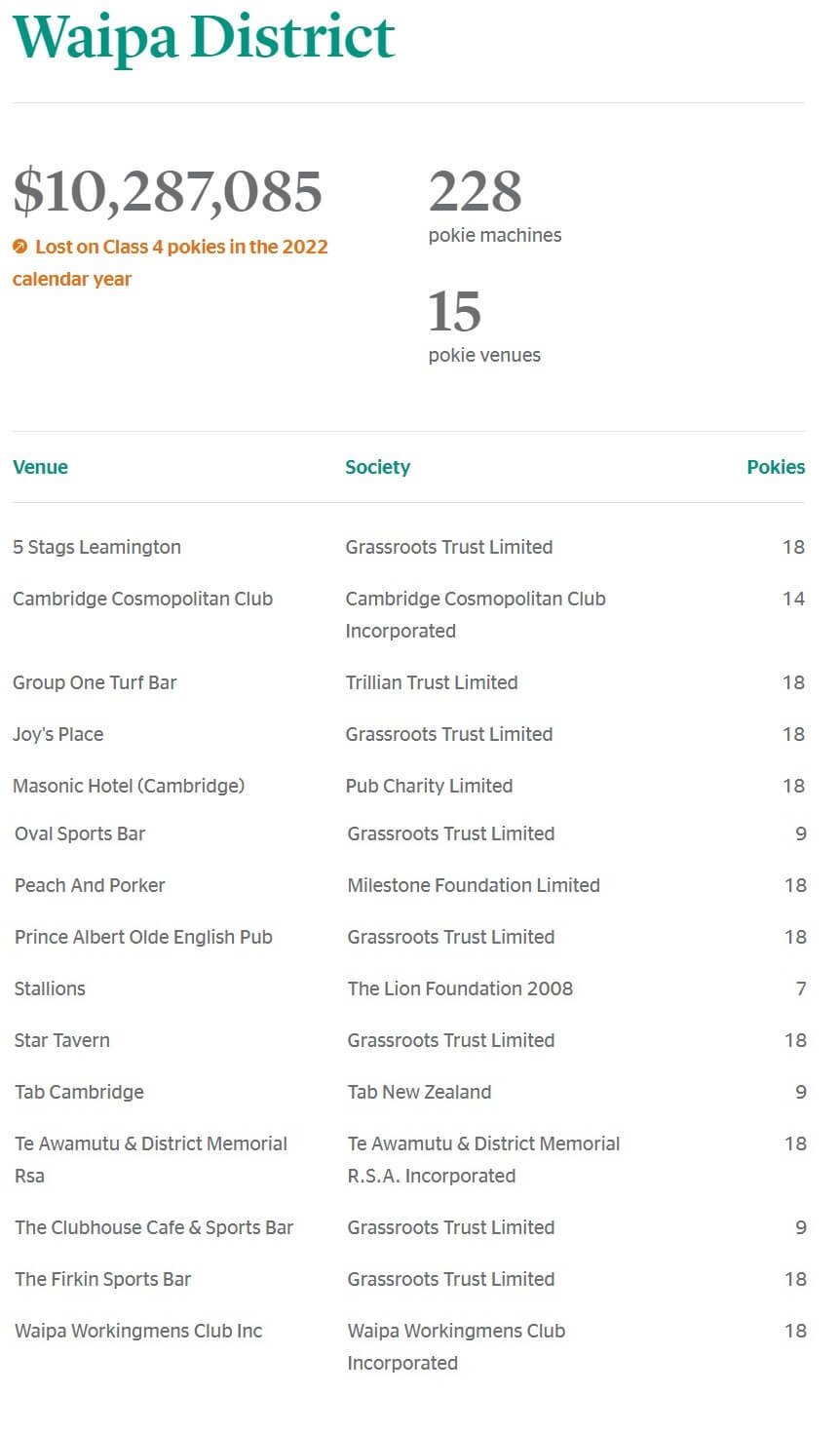 Waipā limits the number of gaming ‘pokie’ machines to 232 at 15 venues and in sites where the primary activity is not gambling. It allows existing venues to transfer their machines to a new venue, but they cannot be next to a school or licensed early childhood centre.
Waipā limits the number of gaming ‘pokie’ machines to 232 at 15 venues and in sites where the primary activity is not gambling. It allows existing venues to transfer their machines to a new venue, but they cannot be next to a school or licensed early childhood centre.
Class four gambling – pokies in pubs, clubs and TABs (excluding casinos) – are classified under the Gambling Act as ‘high-risk, high-turnover’.
Council staff prepared a Social Impact Assessment of Gambling in the district as part of the review and presented it to a workshop last month.
That assessment found only a tenth of the pokie money came back to the community, class four gambling was on the increase, about 22 per cent of those people experienced gambling harm and the grants system acted as a “socially regressive tax”.
Funds are raised predominantly from individuals living in more highly deprived areas and distributed to groups living in less highly deprived areas, or from the poor to the rich, the assessment found.
The top five Waipā organisations to get a share of $481,028 in community grants this year from class four gambling profits in the district are the Puahue Hall Association ($108,380), Te Awamutu Youth Development Trust ($78,706), Cambridge Jockey Club ($40,000), Waikato Water Polo Club ($27,460) and Maungatautari Ecological Island Trust ($25,000).
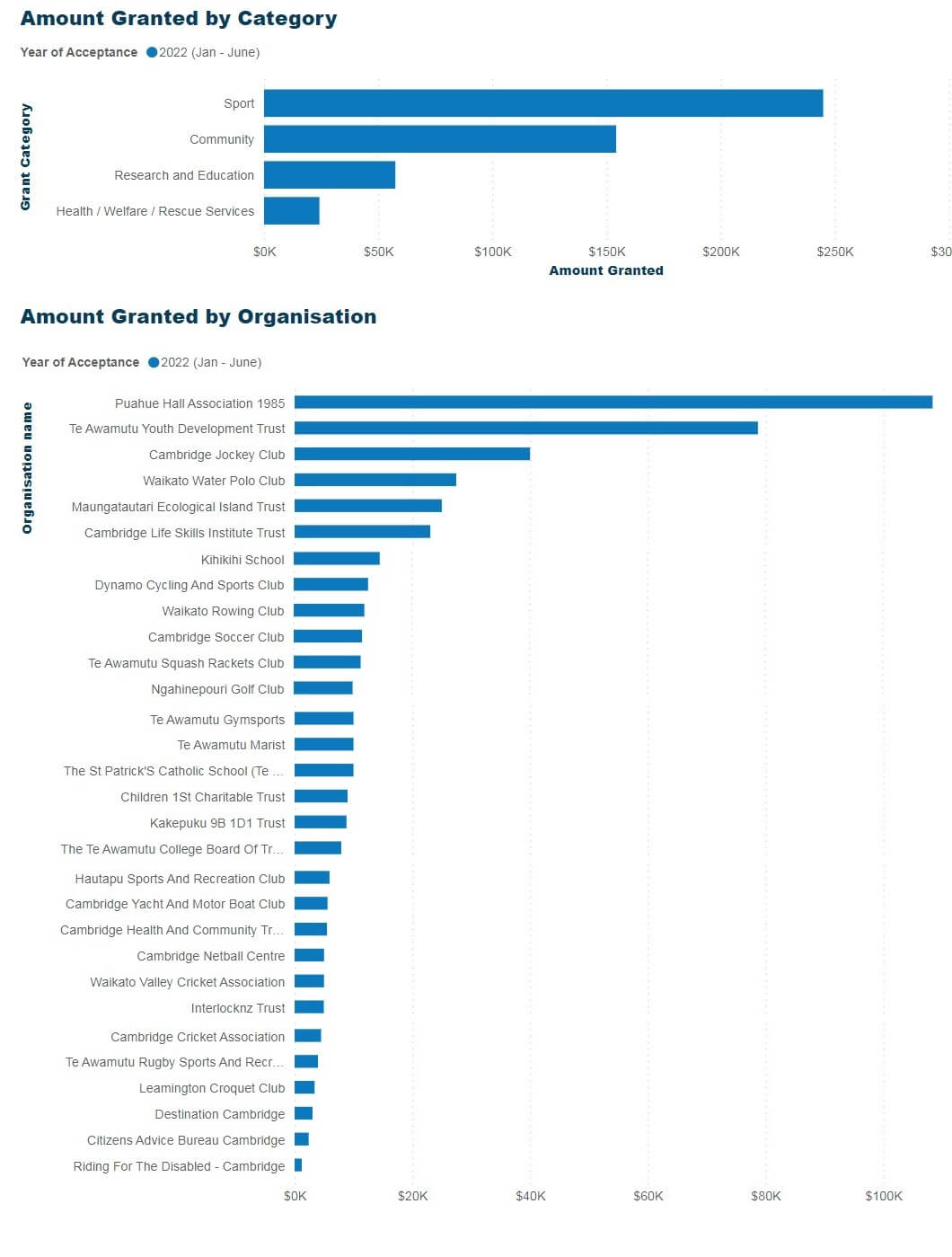 At the workshop, Problem Gambling Foundation policy advisor Kay Kristensen, who lives in Cambridge, said the council had an important role in protecting its community.
At the workshop, Problem Gambling Foundation policy advisor Kay Kristensen, who lives in Cambridge, said the council had an important role in protecting its community.
Pokies make more money per machine than the average person in the district earns in a year, she said.
“With that comes associated harm,” she said.
$9 of every $10 put into pokie machines gets paid in jackpots at the venue. Here’s where the rest goes.
About 16 per cent of people gambling on pokies present for counselling and the foundation had 48 people who had “self-excluded” themselves from Waipā venues, three in the last year and six in total.
“It’s a measure they have done to keep themselves safe. It’s not an easy decision for anyone to make,” said Kristensen.
“We’re concerned at the harm coming from pokies,” she said.
A recent survey showed nearly half of all gambling is done at class four venues.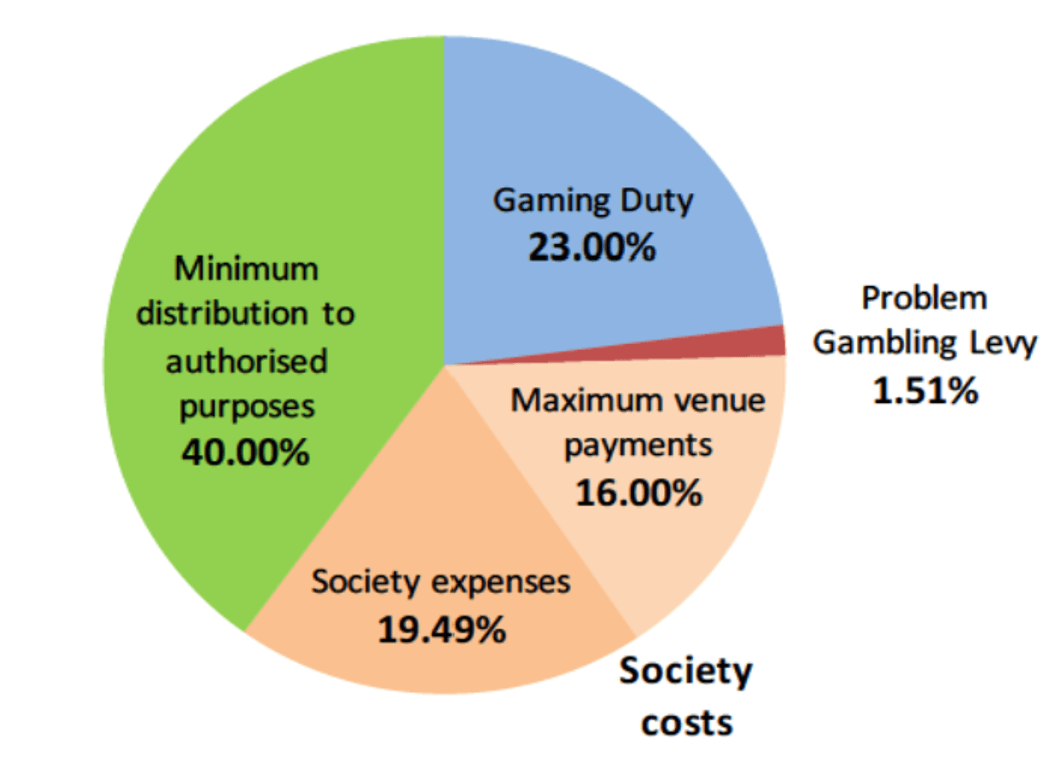
The foundation called for a sinking cap – no relocations or club mergers – because there was evidence it reduced problem gambling expenditure by 13 per cent.
Just over half of the country’s 65 councils have the policy, she said.
Jarrod True from the Gaming Machine Association of New Zealand said there was no new evidence or data to justify a policy change by the council and only three new people had self-excluded themselves.
“Changing the policy would be costly and time consuming. Retaining the current policy will not result in any significant growth. There are currently no venues in very high deprivation areas,” he told the workshop.
Read: Gambling Policy Review – powerpoint presentation
See: Pokies by the numbers (January 2023) – waipa
In addition to grants made to Waipā organisations, other grants went to regional or national organisations which the district benefited from. He gave the example of grants made to St John for new ambulances.
The Department of Internal Affairs, which also presented at the workshop, confirmed that saying some of the $25 million handed out annually across New Zealand would also benefit Waipā.
“The closure of physical venues does result in an increase in online gambling,” said True.
That was obvious during Covid when online gambling went through the roof, he said.
The foundation suggested most of the 25-30 per cent increase in online gambling went to My Lotto.
Mayor Susan O’Regan said it was a moral conundrum for councillors.
“I’m very acutely aware of the damage and harm by pokies,” she said.
“(But) we benefit hugely from the funding and are able to make some great things happen with that funding.”
Staff had recommended the status quo. Councillor Clare St Pierre said she was aware consultation with Māori and the two community boards had not taken place.
“It’s pretty important to me that they have the opportunity to comment.”
Committee chair and deputy mayor Liz Stolwyk said the gambling policy was a difficult matter to think through.
“There is no doubt immense benefit but there is harm too.”
Strategy group manager Kirsty Downey will lead the informal consultation with the community and report back to the committee.
If changes to the existing policy are recommended following the informal consultation, a special consultative process will have to be done under Gambling Act provisions.



